From June 16 to 18, 2025, Budapest will once again host the Budapest Global Dialogue conference. Hungary, as an active participant in ongoing global dialogues, seeks to amplify the voice of the Global South to the Western world and the European Union, and to contribute constructively to shaping a new world order. The conference will bring together renowned experts to analyze the transformation of the global order, the future of the European Union, the challenges of transatlantic relations, and new opportunities for interregional economic cooperation, Pappin told Magyar Nemzet.
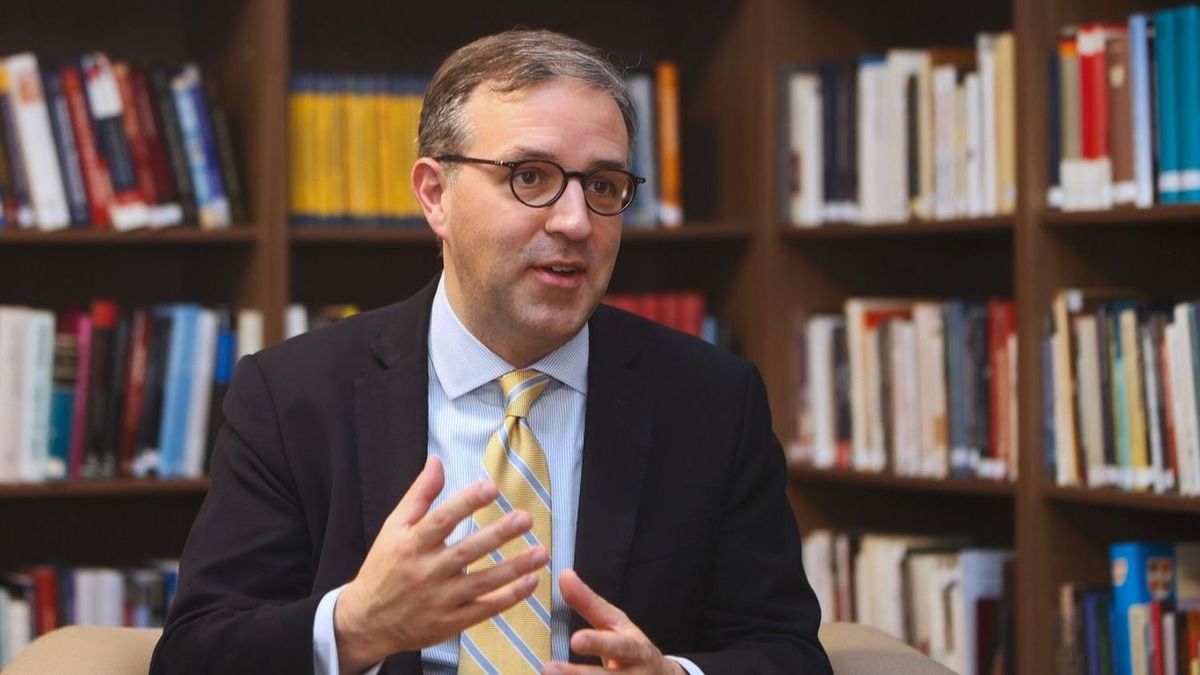
In your opinion, what does sovereignty mean in today’s world, where supranational institutions increasingly shape politics? Do EU member states still have real decision-making power?
– Sovereignty means a nation’s ability to survive and thrive. If a country is controlled by external forces or becomes a pawn in the games of others, it no longer holds its own fate. Of course, no country—not even the strongest—can fully control its future. But every nation can shape the most favorable position for itself. Hungary has done just that over the past fifteen years, building its foundations on strong families, affordable energy and balanced economic growth—all of which are present here.
However, these values are threatened by institutions that, in theory, are supposed to support them—especially the European Union—which in practice often seek to weaken them. Ultimately, power rests with nation-states, because the source of sovereignty is the people.
Do you believe transatlantic relations are deteriorating? How do you assess the current state of cooperation between the United States and Europe?
– Donald Trump made it clear: European countries must become stronger partners within the transatlantic alliance. It is no longer enough to rely solely on American military superiority—especially not when liberal European states undermine their own security by admitting large numbers of illegal migrants.
In many Western European countries, the prevailing public sentiment no longer supports fighting—or even living—for the defense of their homelands. Yet the transatlantic alliance is built on civilizational foundations. If those foundations—like the traditional family model or religion—erode, the West cuts itself off from its historical strength. The era of global liberalism is nearing its end, and the new chapter will be written by sovereign, strong nations capable of navigating the challenges of a multipolar world.
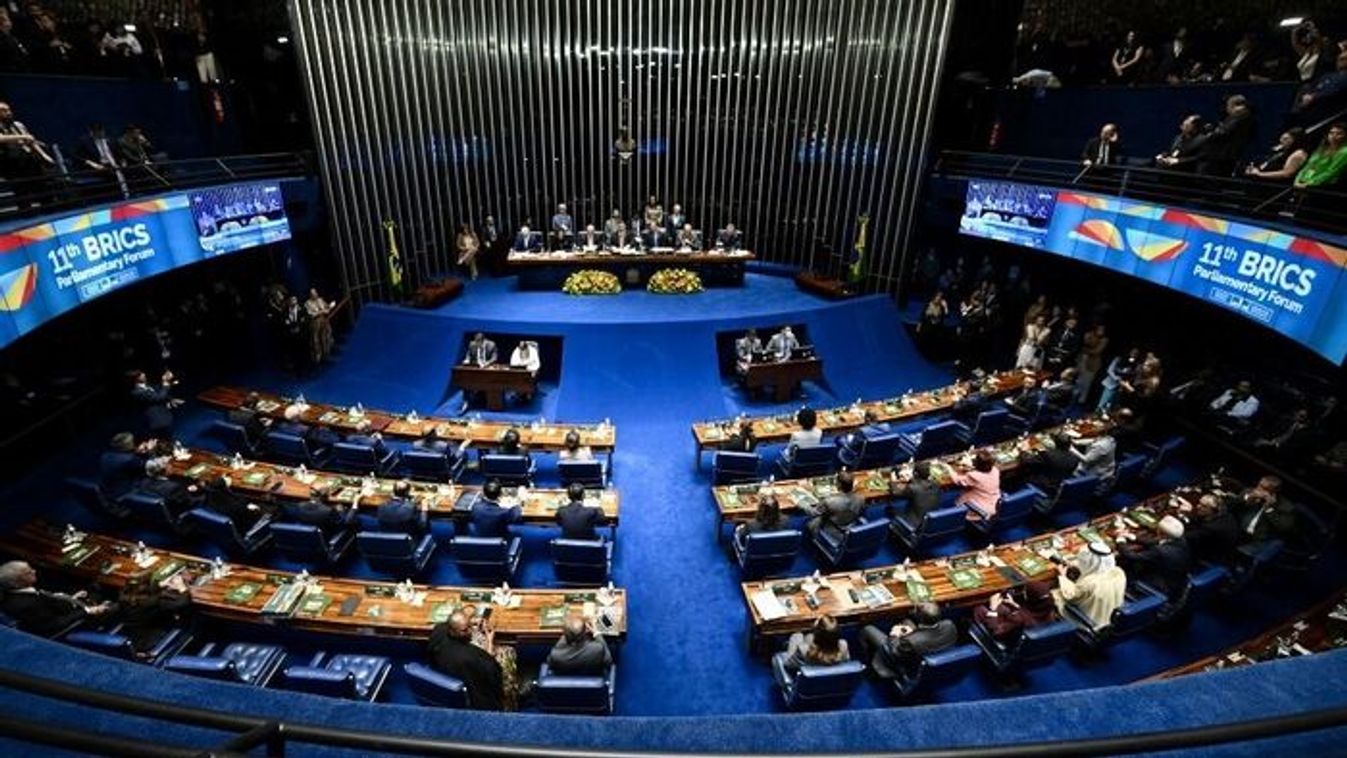
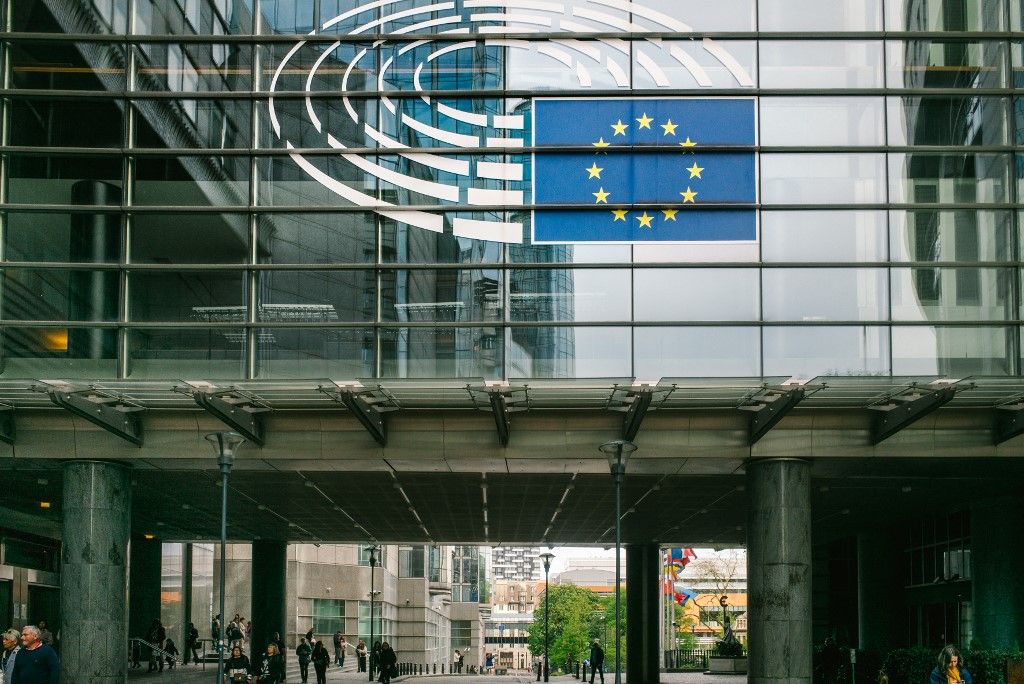





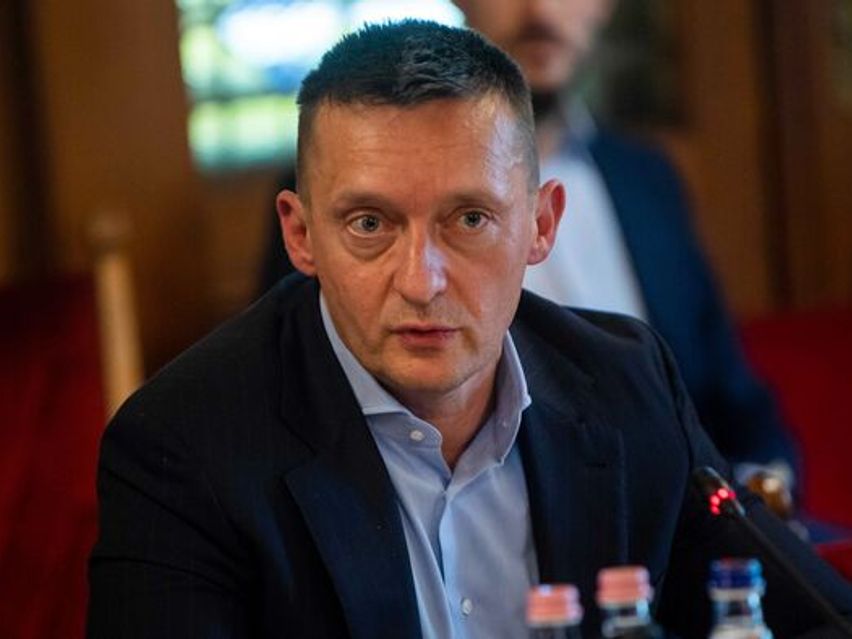
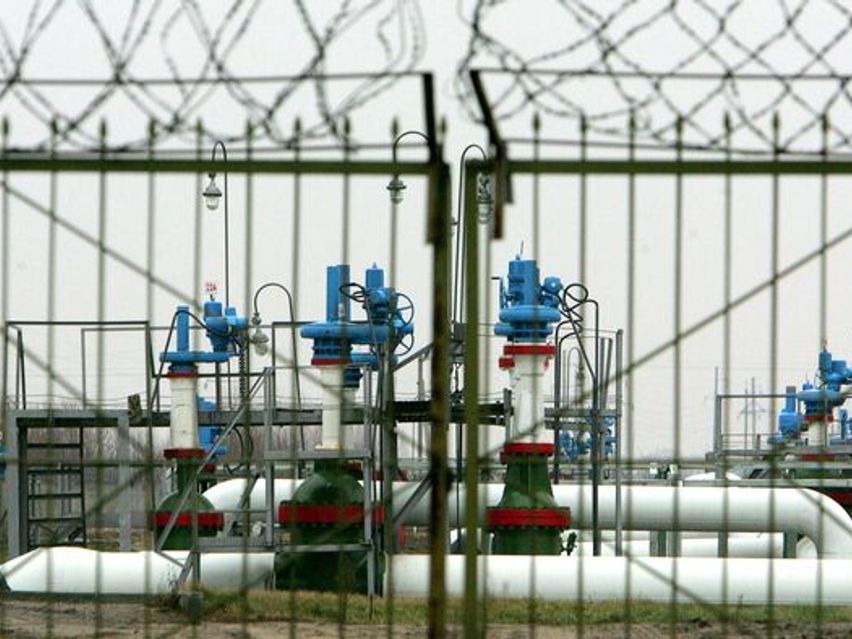




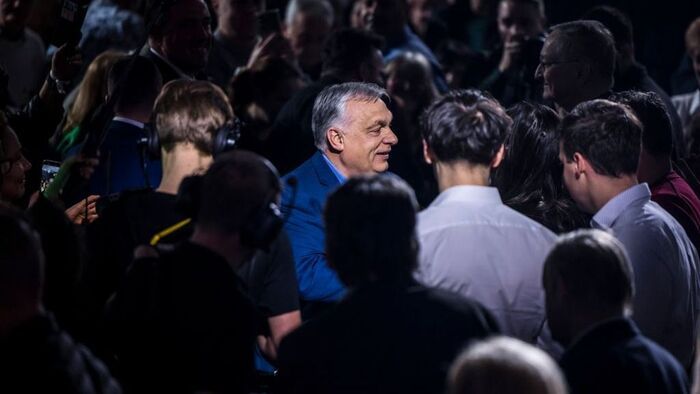

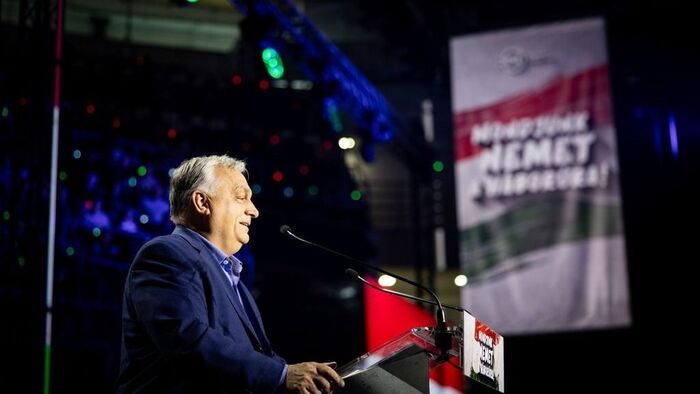
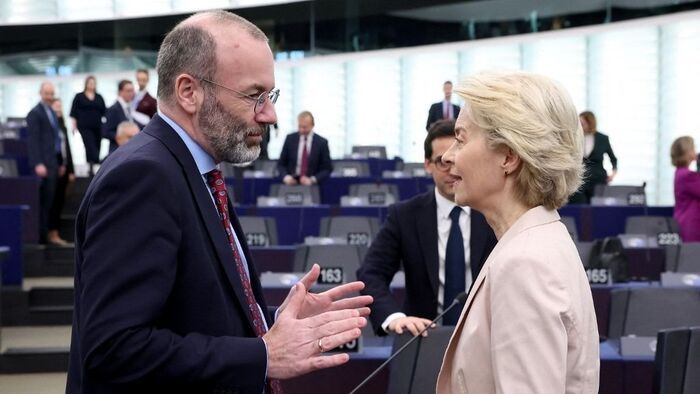
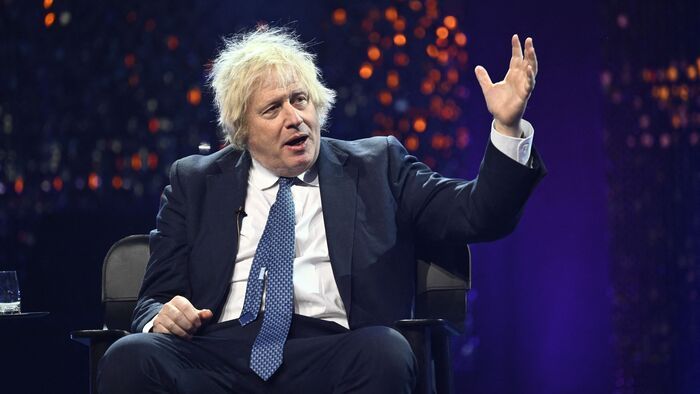
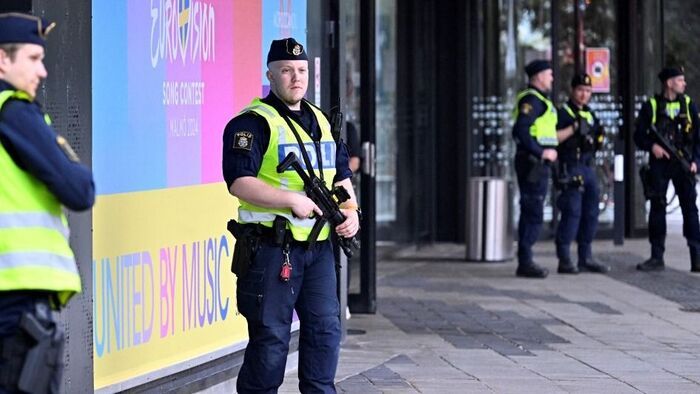

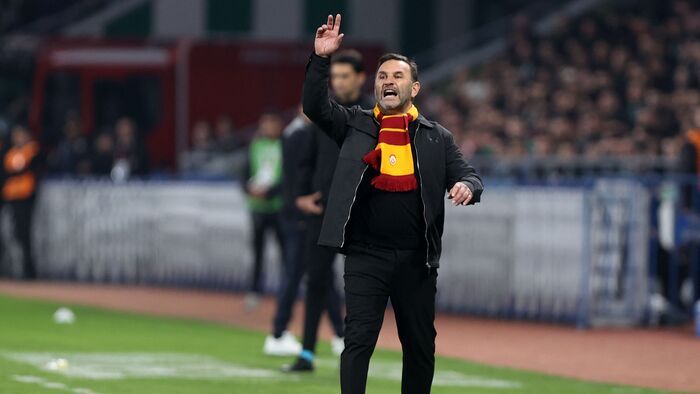
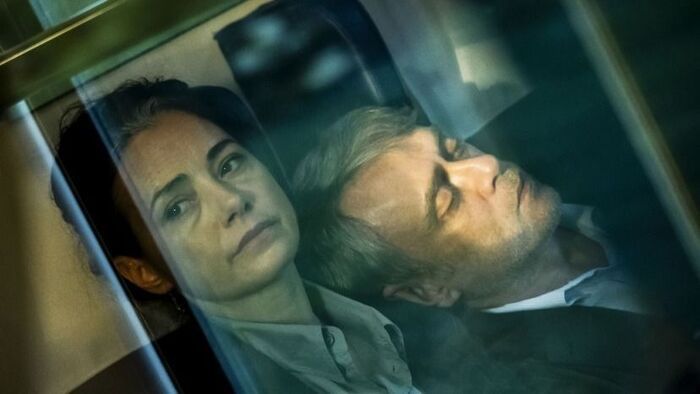
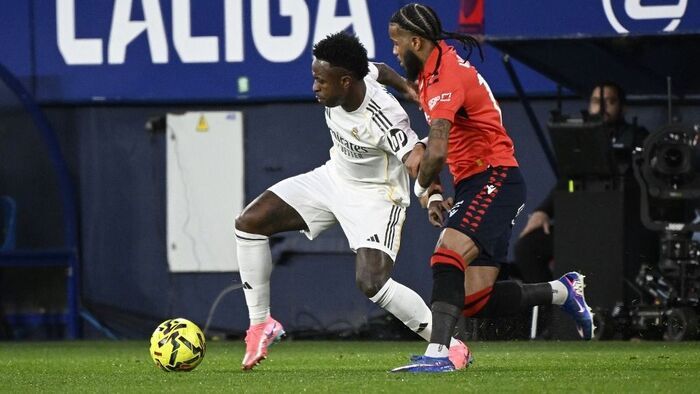

Szóljon hozzá!
Jelenleg csak a hozzászólások egy kis részét látja. Hozzászóláshoz és a további kommentek megtekintéséhez lépjen be, vagy regisztráljon!